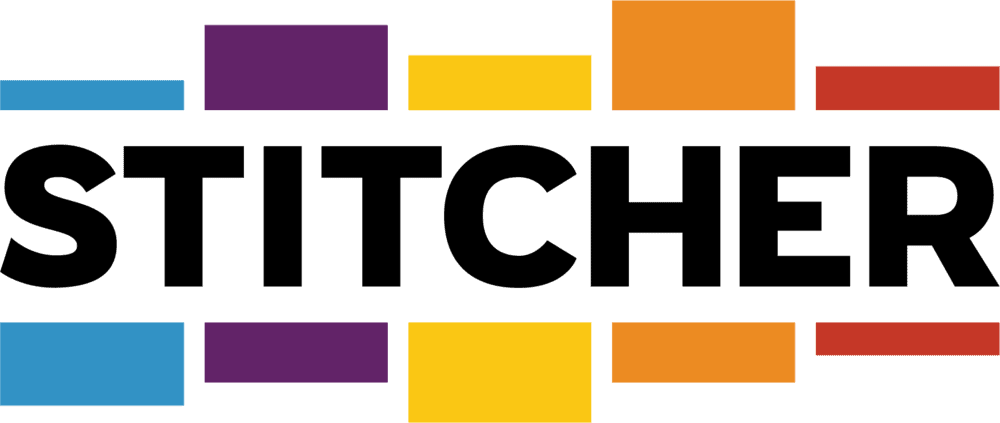Iowa Caucus Conspiracy Theories – How to Inoculate Yourself
[NOTE: This episode was originally published under our sister-podcast, Weekly Grooves. In our effort to share relevant behavioral science information, we are republishing it here. We hope you enjoy it.]
Listeners, especially in the United States, are already aware of the debacle from the Iowa Caucuses and how the Iowa Democratic party used a new app to help streamline the caucus results. You’re probably also aware that the processes and technologies failed, and results were not available for days afterward.
The delay has caused a plethora of online conspiracy theories and that’s our topic for this week. In the absence of good data, we make it up.
Some of the richest conspiracy theories Kurt and Tim found include: 1.) The Democratic party didn’t like the results that they were seeing, so they were changing them. 2.) The Russians or the Chinese had hacked the app and were messing with us. 3.) The Republicans had hacked the app and were trying to rig the election. 4.) Hillary Clinton had helped build the app and was using it to get back at Sanders. And our all-time favorite conspiracy theory (5.) involves the Illuminati and how they were controlling the outcome.
With all this swirling around, Kurt and Tim discuss why it’s humans to engage in conspiracy theories and some of their psychological underpinnings, the personality types that are most prone to believing a conspiracy theory, and what we can do to inoculate ourselves from this sort of thinking.
We are reason-seeking machines and are more likely to ask “why” before we fully understand “what” happened.
Join us for a quick review of why we experience conspiracy theories in the first place and what we can do about them.
© 2020 Weekly Grooves / © 2020 Behavioral Grooves
Kurt Nelson, PhD: @WhatMotivates
Tim Houlihan: @THoulihan
Podcast: Play in new window | Download
AIRDATE: November 5, 2020 EPISODE 183
Podcast: Play in new window | Download
Iowa Caucus Conspiracy Theories – How to Inoculate Yourself
Featured Guest

Kurt Nelson, PhD & Tim Houlihan
LINKS
Online conspiracy theories flourish after Iowa caucus fiasco: https://apnews.com/8ae0e5172130f81265172fbd3e65094a
The Psychology of Conspiracy Theories, 2017, Douglas, Sutton and Cichocka: https://journals.sagepub.com/doi/pdf/10.1177/0963721417718261
The psychology of conspiracy theories: Why do people believe them, John Grohol PsyD: https://psychcentral.com/blog/the-psychology-of-conspiracy-theories-why-do-people-believe-them/
Closed Belief System: https://issuepedia.org/Closed_belief_system
Conspiracy theories: the science behind belief in secret plots, The Guardian, https://www.theguardian.com/science/brain-flapping/2013/sep/05/conspiracy-theories-science-belief-secret-plots
Fundamental Attribution Error: https://en.wikipedia.org/wiki/Fundamental_attribution_error
Hanlon’s Razor: https://en.wikipedia.org/wiki/Hanlon%27s_razor
Illuminati: https://www.bbc.com/future/article/20170809-the-accidental-invention-of-the-illuminati-conspiracy
Lantian, A., Muller, D., Nurra, C., Douglas, K. (2017). “‘I know things they don’t know!’: The role of need for uniqueness in belief in conspiracy theories,” Social Psychology, 48, 160-173
Mercier, H. & Sperber, D., “Why do humans reason? Arguments for an argumentative theory” BEHAVIORAL AND BRAIN SCIENCES (2011) 34, 57–111 doi:10.1017/S0140525X10000968
Motivated Reasoning: https://en.wikipedia.org/wiki/Motivated_reasoning
Oliver, Eric on “Big Brains” Episode 25: https://news.uchicago.edu/podcasts/big-brains/science-conspiracy-theories-and-political-polarization-eric-oliver
Pareidolia: https://en.wikipedia.org/wiki/Pareidolia
Pattern Recognition: https://en.wikipedia.org/wiki/Pattern_recognition_(psychology)
Pattern Recognition: The Science Behind Conspiracy Theories, Steven Novella: https://www.thegreatcoursesdaily.com/why-do-we-give-into-conspiracy-thinking/
Project Mogul: https://en.wikipedia.org/wiki/Project_Mogul
Resulting (Annie Duke): https://www.annieduke.com/how-to-make-the-right-decisions-even-when-you-dont-have-all-the-facts/











